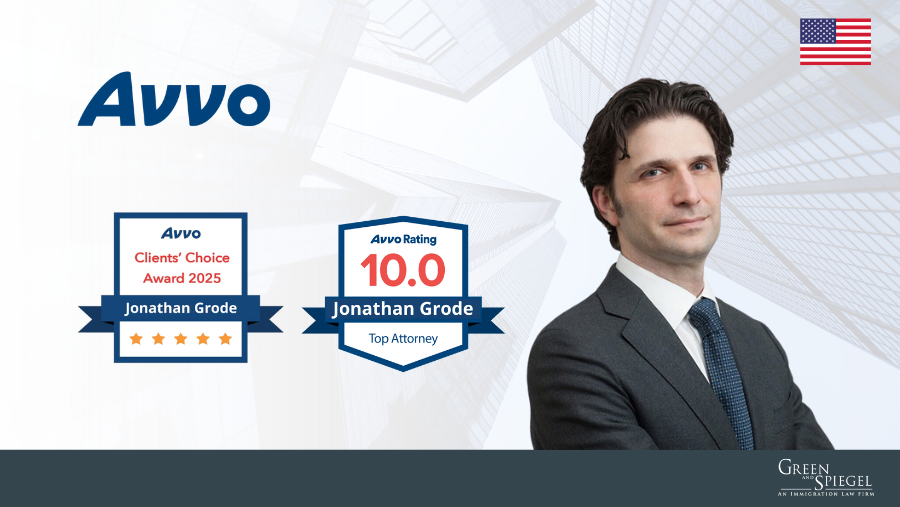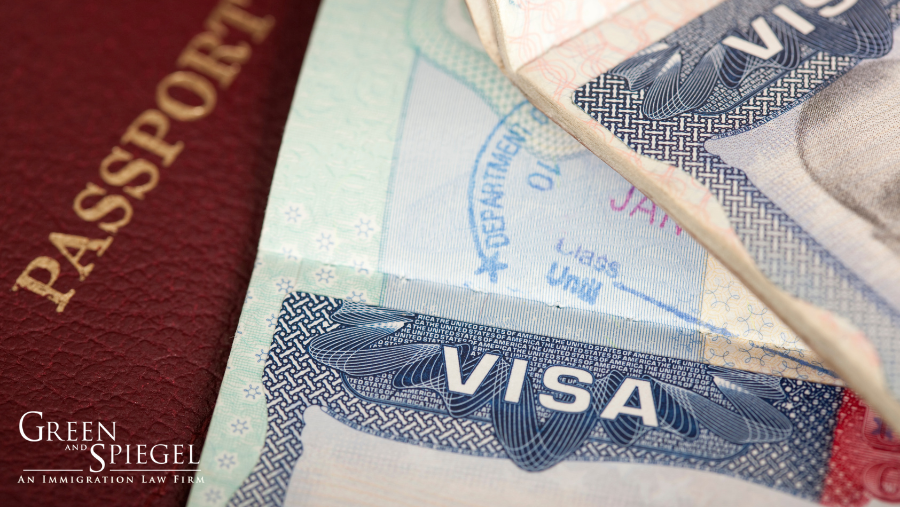On December 12, 2022, the Department of Homeland Security and Department of Labor confirmed that an additional 64,716 H-2B visas will be issued for fiscal year 2023 starting on December 15, 2022. During a time of continued labor shortages in the nonagricultural industries as well as overall record job growth in the U.S., both winter and summer H-2B employers will benefit from this additional visa relief.
The supplemental visa announcement comes earlier and in greater numbers than any prior year, but includes important procedural changes that may impact an employer’s decision to file for additional visas.
The following are the most significant supplemental cap changes and deadlines:
- The additional Northern Triangle (El Salvador, Guatemala, Honduras) and Haiti visa numbers will be issued all at once for fiscal year 2023 on December 15, 2022. In prior years, these visas were split between the first and second fiscal year periods. We do not anticipate that all of these 20,000 visas will be used in the first half of fiscal year 2023 and that employers with April 1, 2023 and later start dates will benefit from this allocation.
- Starting on December 15, 2022, employers with start dates prior to March 31, 2023 may file their supplemental visa petitions. However, Homeland Security is suspending premium processing until January 3, 2023, meaning that winter employers should prepare for substantial processing time delays. Even when premium processing resumes in January 2023, employers may not receive their H-2B workers until February 2023. As such, winter employers with early end dates may not benefit from filing under the additional visas in fiscal year 2023.
- The most substantial supplemental cap timing and allocation changes impact the second half of fiscal year 2023. Unlike in prior years, spring and summer H-2B employers will be split into two groups based on their start dates.
- Employers with start dates of April 1, 2023 to May 14, 2023 will be able to submit their supplemental cap petitions 15 days after the second fiscal year cap is reached. There will be 16,500 returning worker visas available to this group.
- Employers with start dates of May 15, 2023 and later will be able to submit their supplemental cap petitions 45 days after the second fiscal year cap is reached. There will be 10,000 returning worker visas available to this group.
The supplemental cap timelines are a welcome change for spring and summer employers. In prior years, spring and summer employers waited all winter in hope that the supplemental visas would be issued in a timely manner. Historically, the second fiscal year cap was reached by the end of February and employers had little information about when additional visas would be issued. Spring and summer employers will now have a better understanding of when and if they should apply for supplemental visas once the initial 33,000 visa numbers are used (i.e., likely by the end of February 2023). Employers should note, however, that Department of Labor temporary labor certification processing delays may impact petition filing timelines again in 2023.
As in prior years, the visa numbers will be allocated separately to returning workers (44,716 visas available to workers who received an H-2B visa in 2022, 2021, or 2020) and to nationals of the Northern Triangle and Haiti (20,000 visas without a returning worker restriction). Once again, only employers that are suffering irreparable harm or will suffer impending irreparable harm may file H-2B petitions under these additional visas. Further, employers will once again have to complete additional recruitment steps if the petition is filed 30 days after the temporary labor certification start date.
Another continued benefit under this announcement is the extension of the portability rule through January 24, 2024, which was set to expire in January 2023. As employers continue in-country (cap-exempt) recruitment of H-2B workers, workers can commence employment while petitions are pending for a period of up to 60 days. The temporary portability rule initially came as a pandemic relief, but H-2B employers still need it as labor shortages persist.
Green and Spiegel will guide employers on supplemental petition filing deadlines throughout the winter and particularly once the second fiscal year H-2B cap is reached around February 2023.




